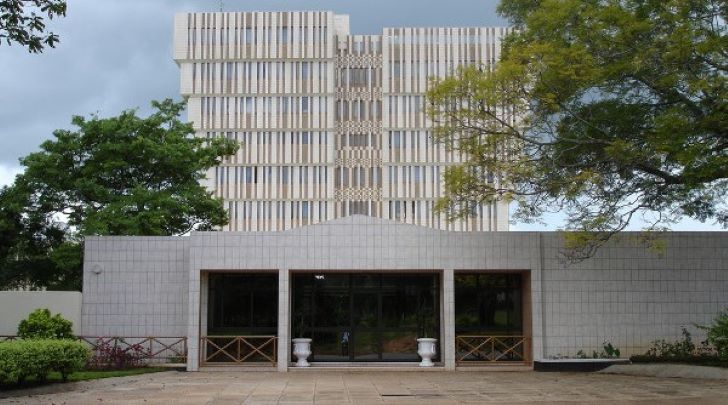Key Business Points
- Scaling up export capacity is crucial for Malawi’s economy to achieve sustainable growth, according to the Export Development Fund (EDF), which entails improving productivity, strengthening agro-processing and light manufacturing, and enhancing trade infrastructure and logistics.
- Diversifying exports is necessary to reduce the country’s reliance on traditional exports and mitigate the risk of trade deficits and foreign exchange crises, as highlighted in the EDF’s July 2025 Trade Digest, which warns that without a coherent strategy, Malawi risks being trapped in a cycle of trade deficits and foreign exchange crises, thereby undermining its potential to create jobs, reduce poverty and achieve its long-term development ambitions under Malawi 2063.
- Leveraging regional integration through participation in regional blocs such as the African Continental Free Trade Area, Southern African Development Community, and Common Market for Eastern and Southern Africa can provide opportunities for Malawian businesses to explore new markets for value-added products, as stated by Ministry of Trade and Industry spokesperson Patrick Botha, who emphasized the importance of kugulitsa za ziko (expanding market reach) to boost exports.
The Export Development Fund (EDF), a development finance institution wholly-owned by the Reserve Bank of Malawi, has emphasized the need to scale up export capacity to place the economy on a more sustainable growth trajectory. In its July 2025 Trade Digest, the EDF noted that kuzalowera kwa uziru waukulu (improving productivity) and kutengeneza galimu za bukuli (strengthening agro-processing) are essential for enhancing the country’s export competitiveness. The report also highlighted the importance of kutengera masamba (enhancing trade infrastructure and logistics) and kuletsa kwa mikubo ya za zipatala (widening access to trade finance) in supporting the growth of exports.
According to the report, Malawi’s merchandise exports declined significantly over the past six months, from $126.7 million (about K222 billion) in January to $73.6 million (about K129 billion) in June 2025. In contrast, merchandise imports remained high throughout the period, peaking at $314.8 million (about K551 billion) in May. This trend is expected to continue, with Scotland-based Malawian economist Velli Nyirongo warning that lower revenues from agricultural and mineral exports will reduce foreign exchange earnings and widen the current account deficit. To mitigate this risk, the Ministry of Trade and Industry is exploring opportunities for regional integration, with spokesperson Patrick Botha noting that Malawi intends to leverage its participation in regional blocs to explore new markets for value-added products, a strategy that aligns with the concept of kufukula za mwamba (diversifying exports) to reduce the country’s reliance on traditional exports.
What are your thoughts on this business development? Share your insights and remember to follow us on Facebook and Twitter for the latest Malawi business news and opportunities. Visit us daily for comprehensive coverage of Malawi’s business landscape.
- Malawi’s Tourism Boom: A K1 Trillion Opportunity for Business Growth! - March 4, 2026
- Bad Loans Fall: Positive Shift Signals Economic Recovery - March 3, 2026
- Bank Levy Deductions Spark Public Outcry and Economic Debate in Malawi - March 3, 2026

